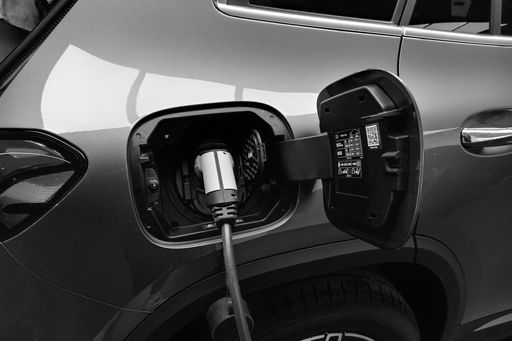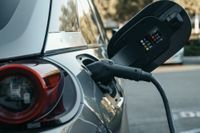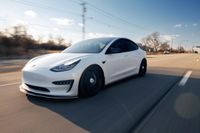DC Greenlights Aggressive Electric Vehicle Mandate Despite Criticism on Consumer Costs
The Washington, D.C. Department of Energy and Environment (DOEE) has adopted an aggressive electric vehicle (EV) mandate, similar to California's, requiring automakers to only sell zero-emissions vehicles starting in 2035. While supporters argue that the regulations will benefit air quality and public health, critics warn of higher consumer costs and concerns about the capacity of the power grid to handle increased demand.

DC Joins States in Pursuit of EV Mandates
Washington, D.C. has followed California's lead in implementing an aggressive EV mandate. Several other Democratic-led states have also pursued EV mandates, with many adopting regulations modeled after California's rules. The Environmental Protection Agency has reinstated California's authority to implement its own emission standards, allowing other states to follow suit.
The California Air Resources Board announced in 2022 regulations banning the sale of gas-powered cars by 2035 and mandating electric cars. This mandate could potentially impact millions of Americans and a substantial portion of future car purchases due to other states tethering their vehicle emissions standards to that of California's.
The House has passed a bill to reverse the EPA's reinstatement of California's authority, but it has yet to receive a floor vote in the Senate. Despite this, several states, including Washington, D.C., Connecticut, Massachusetts, Maryland, New Jersey, New York, Rhode Island, Vermont, Virginia, Michigan, and New Mexico, are moving forward with their own EV requirements.
Benefits of EV Mandates for Air Quality and Public Health
Supporters of the EV mandates argue that the transportation sector's heavy carbon footprint necessitates the shift to EVs to reduce pollution. The EPA states that transportation accounts for almost 30% of the nation's total greenhouse gas emissions. By transitioning to zero-emission vehicles, there can be significant improvements in air quality, public health, and economic benefits.
The Washington, D.C. Department of Energy and Environment highlights the potential cost savings of EV adoption. Electric vehicle prices are projected to decrease over time, and taking into account economic incentives, the average EV is expected to cost significantly less than the equivalent gasoline vehicle by 2032. Moreover, owners can save approximately $10,000 in maintenance and fuel costs over eight years of ownership.
Concerns Over Consumer Costs and Power Grid Capacity
Critics of aggressive EV mandates raise concerns about potential increases in consumer costs. They argue that the U.S. power grid is currently unprepared to handle the extensive demand and load that would accompany widespread EV adoption. Power outages caused by storms or low supplies could render large portions of the electrified transportation sector useless.
Some experts suggest that additional infrastructure investments, such as building more natural-gas-fired plants or even new coal plants, may be necessary to support the increased demand for electricity. They emphasize the importance of finding additional baseload and dispatchable power sources to ensure a reliable and stable grid as more consumers switch to EVs.


